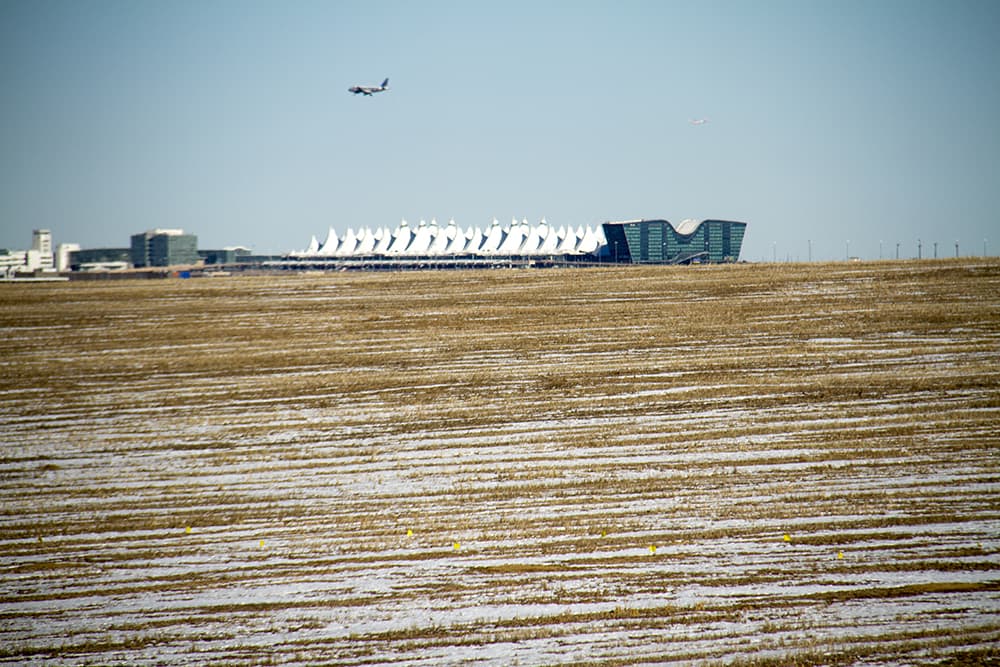We may know why security agents swept through an Airbus A-320 on an isolated part of the tarmac at Denver International Airport on Monday.
The Federal Bureau of Investigation has arrested Cameron E. Korth, 20, and accused him of leaving a false bomb-threat note on United Flight 231 from San Diego to Denver. He faces up to 10 years in prison.
Korth told the plane's crew mid-flight that he had found a note in the lavatory that warned of a bomb on the plane, according to an affidavit filed by special agent Marty Daniell.
The note reportedly read, "THERE IS BOMBS ON UA 231 DO NOT ATTEMPT TO LAND." The plane landed anyway and taxied to an "isolated portion of the airfield," according to the affidavit.
Upon landing, the passengers were evacuated and bomb-sniffing dogs swept the plane, finding nothing. Korth, meanwhile, was assessed by paramedics because he "claimed to be suffering from a panic attack," the document states.
Korth's criminal history includes arrests for false emergency reports and "emergency telephone abuse," according to the affidavit. He reportedly waived his Miranda rights, then told the agent that he had a significant criminal history that resulted from his use of drugs while in a relationship and that he worked in landscaping.
Korth initially denied writing the note, which reportedly was written in handwriting similar to his own. Later, he allegedly acknowledged that he wrote the note on paper he found on the plane, than placed it on the "toilet seat cover dispenser" in a lavatory before pointing it out to a flight attendant, according to the affidavit.
He stated that he "was trying to get help for his problems and that it was an impulsive act with no thought process behind it," according to the FBI agent.
Korth is charged with maliciously conveying false information.
Here's why the plane landed despite the threat:
I was curious about what an airline crew is supposed to do when it receives a threat warning against landing the plane. I called Jeffrey Price, an aviation security consultant and a professor at Metropolitan State University, to ask about standard operating procedure.
As he explained, crews have very little choice but to land, no matter the details of the threat.
“Not landing is not an option. Eventually, the plane’s coming down ... So, the flight crew will go through a notification procedure to notify their personnel on the ground, who will then notify the FBI," he said.
“Those entities will start a vetting process that they don’t like to make public for obvious reasons to try to determine if this is a valid threat or not."
Meanwhile, the pilot will look for the nearest workable runway, he said.
“You’d rather come down on a nice long piece of pavement designed for your plane, rather than when fuel runs out," he said. "At that point, it’s about trying to get the plane down safely."
United deferred to local authorities when I asked for comment.











